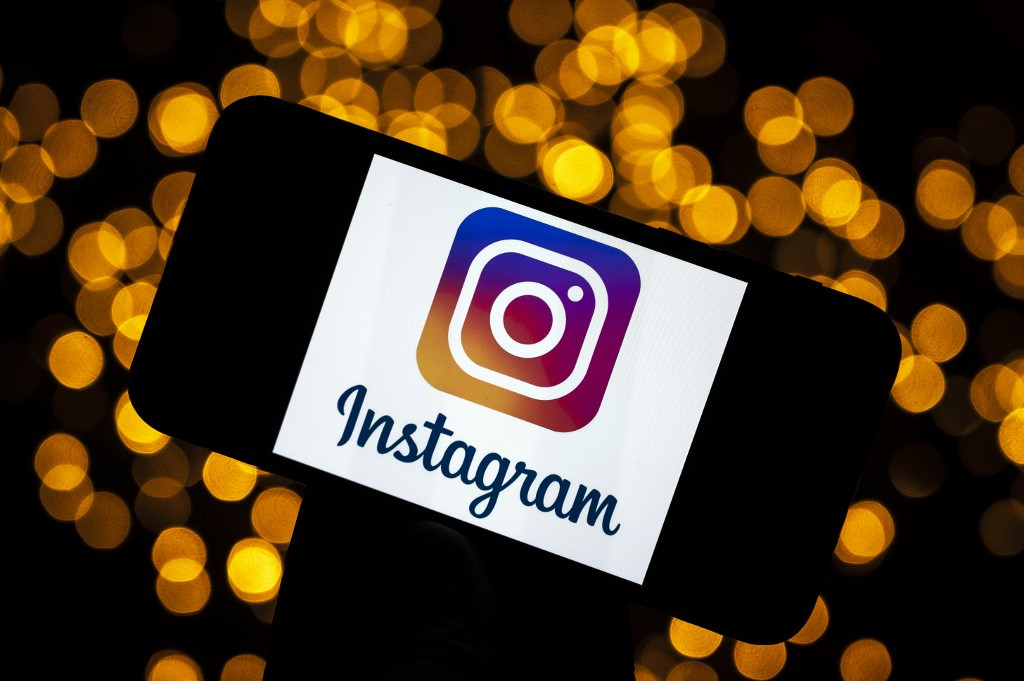Popular Reads
Top Results
Can't find what you're looking for?
View all search resultsPopular Reads
Top Results
Can't find what you're looking for?
View all search resultsAuthor promises 'No Filter' look at the Instagram story
Journalist Sarah Frier promises her book "No Filter: The Inside Story of Instagram" is a revealing, behind-the-scenes look at how Instagram became a social media sensation as a member of Facebook's family of online services.
Change text size
Gift Premium Articles
to Anyone
L
ess than two years after photo-sharing mobile app Instagram launched a decade ago, its founders made the "gut-wrenching" decision to sell it to Facebook in a $1 billion deal.
Journalist Sarah Frier promises her book No Filter: The Inside Story of Instagram is a revealing, behind-the-scenes look at how Instagram became a social media sensation as a member of Facebook's family of online services.
What was the vision behind Instagram?
Kevin Systrom and Mike Krieger wanted a quick way to share photos in an age when smartphones cameras had people capturing all kinds of moments in pictures.
The also wanted to add artistic touches, giving rise to "filters" that overlay effects to transform life moments into nostalgic memories.
Instagram's founders also wanted to build a community, inviting just a select group of people to join at the start, such as artists or musicians with strong online followings.
Everyone was really just exploring and trying to provide other people a window into their lives.
The founders had a very clear vision for how they wanted Instagram to feel and look. And the Facebook network was pretty much the opposite of that vision.
Where Instagram preferred to think about art and creativity, Facebook preferred to think about engagement metrics, and time spent on the app.
Read also: On 10th birthday, Instagram no longer an escape from reality
Why sell to Facebook?
When Facebook chief Mark Zuckerberg set his sights on Instagram, it had only 13 employees working hard pressed to keep it up and running.
Every time Justin Bieber would post on Instagram, the traffic would cause the app to crash.
Zuckerberg understood he would not only have to make a money offer they couldn't refuse, it would have to come with a promise Instagram would remain independent of the social network.
The temptation for Instagram, aside from money, was being able to tap into Facebook's talent and resources while remaining in control.
Instagram users already had the option of sharing photos on Facebook, leveraging those services for promotion.
There was a sense that it would be easier to work with Facebook instead of working against them.
Meanwhile, Facebook was keen to catch up to the trend of people connecting to the internet using smartphones instead of desk or laptop computers.
Having Facebook on their side would also give Instagram a powerful ally in a mobile device world dominated by Apple and Google operating systems.
Was the union harmonious?
There was tension upon Instagram's arrival at Facebook. Especially because Facebook still considered Instagram a competitor.
Instagram was told early on in a meeting that "We can't let you grow until we figure out if Instagram is the reason people aren't sharing as often to Facebook."
Eventually, Instagram was left to grow at its own pace and given scant attention by Facebook.
Instagram began to notice that users felt immense pressure to post images, with everything needing to be perfect, polished and curated.
It turned out that was actually bad for business. And so Instagram introduced stories, copying a Snapchat feature, that presented collections of images captured over time that eventually vanished.
Instagram growth started to rocket in 2016, just as Facebook was coming under fire for concerns about misinformation, election manipulation, privacy and polarization of society.
Zuckerberg began wondering whether Instagram was a competitive threat, restricting resources to make sure it only grew with Facebook's blessing.
With loss of independence at Instagram, its founders left.
Instagram will be more Facebook like in its next decade, working to recommend content based on interests instead of introducing users to new communities, interests and creators.











